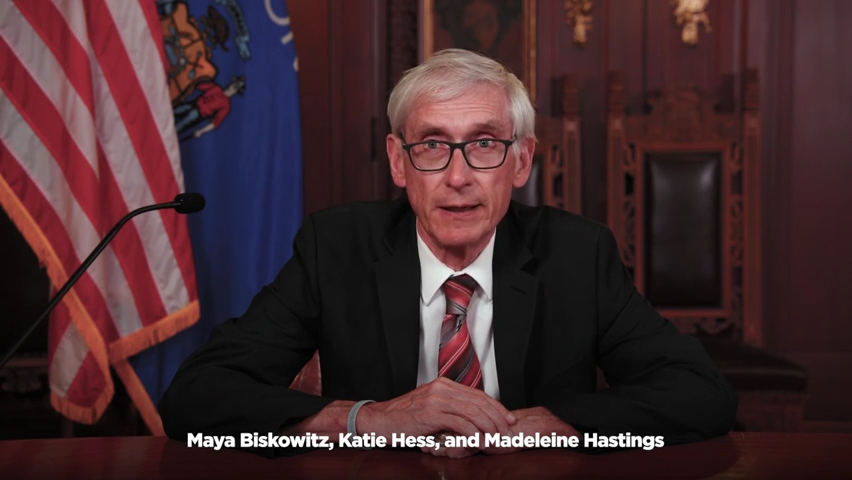Here are Wisconsin’s abortion laws and how they would be affected by Roe v. Wade decisions
MADISON -
A divided U.S. Supreme Court in 2021 left in effect a new law in Texas that prohibits abortions after about six weeks of pregnancy and is one of the most restrictive abortion laws in the nation.
Republican Texas Gov. Greg Abbott signed the legislation in May. It bans abortions once a fetal heartbeat is detected, usually around six weeks of pregnancy, and allows private citizens to sue abortion providers. There are no exemptions in cases of rape or incest.
Here’s a primer on Wisconsin’s abortion laws and how they could be affected by court decisions.
More: What to know about Texas abortion law that bans the procedure once heartbeat is detected

What are Wisconsin's abortion laws?
Republican lawmakers in Wisconsin have passed legislation in recent years under former Gov. Scott Walker that bans abortions after five months of pregnancy and requires women to receive an ultrasound beforehand. Since 1996, women seeking abortions are required to participate in counseling and wait 24 hours before undergoing the procedure.
But Walker opposed making Wisconsin's other abortion laws more strict and in 2018 signaled he wouldn't sign legislation that banned abortions after six weeks.
Evers has vetoed abortion legislation and has promised any new restrictions won't be signed into law.
"I will always trust women to make decisions about their bodies and their health care," Evers tweeted, referencing the Supreme Court's decision to leave the Texas law in place.
Wisconsin 19th century law would take effect if Supreme Court overturns Roe v. Wade
The Supreme Court heard arguments in a case challenging a Mississippi law that bans abortion after 15 weeks. That’s about two months earlier than what’s allowed under Roe v. Wade and other decisions that have upheld a constitutional right to abortion.
Mississippi has asked the justices to overturn Roe. Such a ruling could result in dramatic changes in Wisconsin because the state has a 19th century law on the books that bans all abortions.
That law has not been enforced for decades, but Roe’s opponents and supporters agree it would go back into effect if Roe were reversed.
The high court is expected to rule on the Mississippi case by the summer of 2022. By then, Wisconsin will be in the middle of campaigns for governor and U.S. senator.
Madison federal judge considering state rules
Separately, a federal judge in Madison is considering whether to strike down some of Wisconsin’s abortion laws.
U.S. District Judge William Conley presided over a trial in December in a lawsuit that challenges laws that prevent nurse practitioners from administering abortions and limit the availability of pills that induce abortions.
Conley has not said when he will issue a decision. However he rules, his decision is all but certain to be appealed to the 7th Circuit Court of Appeals in Chicago.
You can find out who your legislators are and how to contact them here.
Contact Molly Beck at molly.beck@jrn.com. Follow her on Twitter at @MollyBeck.
Our subscribers make this reporting possible. Please consider supporting local journalism by subscribing to the Journal Sentinel at jsonline.com/deal.
DOWNLOAD THE APP: Get the latest news, sports and more
This article originally appeared on Milwaukee Journal Sentinel: Wisconsin abortion laws would be affected if Roe v. Wade overturned

